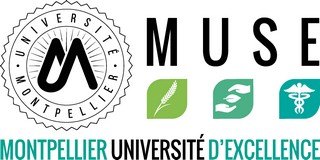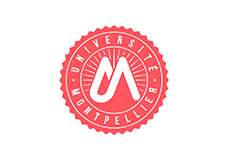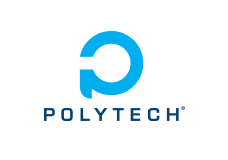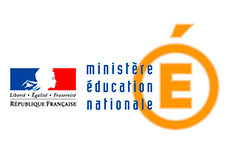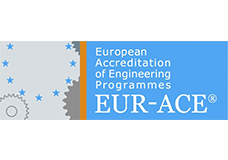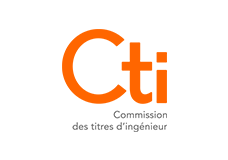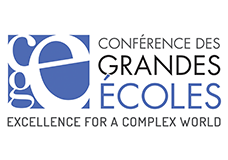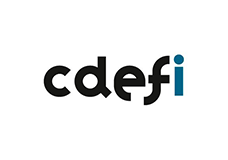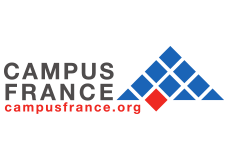Computer Science and Management (IG department)
Biological and Food Engineering (GBA department)
Materials Science (MAT department), spring semester only
Water Science (STE department)
Microelectronics and Automation (MEA department)
Computer Science and Management (IG department)
|
|
Biological and Agri-Food Engineering (GBA department)
|
|
|||||||||||||||||||||||||||||||||||||||
|
F2. Food Technology F3. Biological hazards
F4. Project: Biological and Food engineering |
S1. Physico-chemical analysis S3. Human Nutrition S4. Project: nutrition S5. Project: food science and engineering |
Materials Science (MAT department)
|
|||||||||||||||||||
|
|
S.2 Materials and energy Lecture and tutorials : Introduction of the energy conversions, the issues related to the choice of the conversion system at different scales (from the plant to personal objects). I-Thermal flux, conduction/diffusion, convection and radiation : application to insulating materials, innovations in the field II-Materials in nuclear plants. Reminds on the fission process, fission products and radioactivity. Materials coice and potential damages. III-photovoltaic: principle and requirement. Silicon in PV industry: elaboration and transformation and efficiency. New efficient thin films materials and organic PV. IV-Fuel cells: electrochemical energy transformation, ionic diffusion in solids, materials in SOFC. Fuel cell efficiency Practicals : A- Measuring thermal conductivity with Hotdisk apparatus, choosing the experimental conditions, errors and uncertainties. B- Ionic conduction in Ag-chalcogenide glasses : Complex impedance measurement, comparing the resistivity of two glasses at room temperature, electrical model, extraction of the activation energy from data measured at different temperatures. C- Resonant piezoelectric ceramics : Complex impedance measurement for two PZT with different diameters, evidencing the resonance frequencies and modelling the electrical circuit. S4. Project: materials science |
Water Science & Technology (STE department)
|
|
|||||||||||||||||||||||||||||||||
|
F1. Aquatic ecosystems survey and management F2. Project: water science and engineering |
S1. Project: hydraulic modelling of transients and 2D free surface flow 2. One-dimensional open channel modelling software. This part of the subject focuses on the analysis of the numerical techniques used by commercial/engineering software packages for open channel flow used in engineering and consultancy companies. The solution methods and limitations of the packages are examined. Projects are carried out using market-available software packages. 3. Two-dimensional free surface flow modelling has become a standard to the hydraulic engineering community. In this subject the students are trained to the theory and practice of two-dimensional free surface flow modelling. State-of-the-art modelling software packages using unstructured grids are used. Simulations are first carried out for academic test cases. The influence of geometry, mesh design, hydraulic parameters and boundary conditions is critically assessed. In a second phase real-world configurations are simulated. Applications include floodplain, flash flood and urban flood modelling. Teamwork is encouraged through projects. Keywords: pipe transients, open channel modelling, two-dimensional flood modelling, modelling software, floodplain modelling, flash flood modelling, urban floods S2. Project: water science and engineering |
Microelectronics and Automation (MEA department)
|
||||||||||
|
S9. Advanced Computer Architecture (fifth year) Computer architecture is the science of selecting, interconnecting, and orchestrating hardware components to build a functionally correct computer that meets performance and cost goals. As such, the computer architecture specifies the interactions between the software and the hardware in a computing system. Therefore, the course takes a hardware/software cooperative approach to understanding and evaluating computing systems. In essence, this course reviews the main components of a modern programmable computing system (i.e., processors, memory, interconnects, and storage). |


